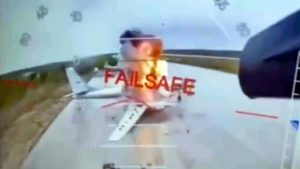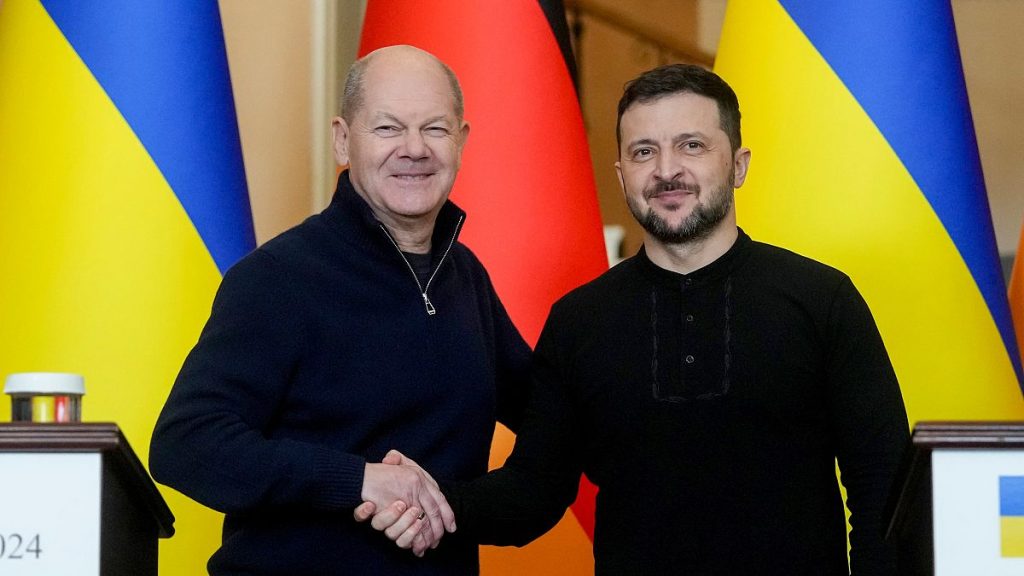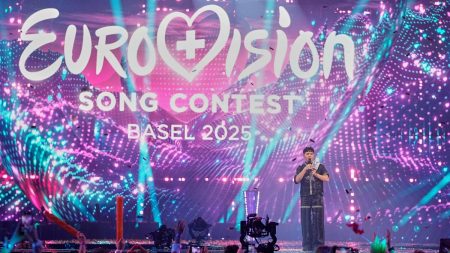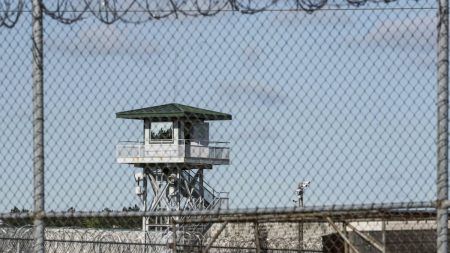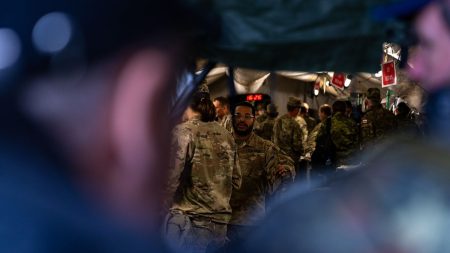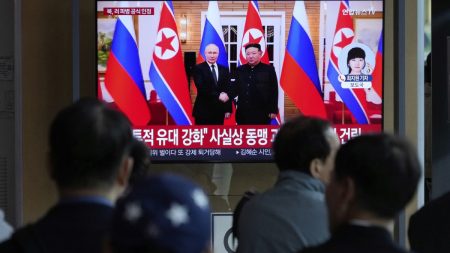During his surprise visit to Ukraine, German Chancellor Olaf Scholz focused on addressing two significant demands of President Volodymyr Zelenskyy: the provision of long-range Taurus missiles and the acceleration of Ukraine’s path toward NATO membership. This marked Scholz’s first visit to Ukraine in over two years, emphasizing Germany’s commitment to supporting Kyiv amidst the ongoing conflict with Russia. However, Scholz maintained his position against supplying the Taurus missiles, reflecting a cautious approach influenced by upcoming elections in Germany and a desire to avoid escalation into direct NATO-Russia confrontation. He reiterated his government’s ongoing and extensive support for Ukraine, aiming to balance military assistance with diplomatic prudence.
Zelenskyy’s recent comments suggested a potential shift in Ukraine’s NATO ambitions, indicating that an offer of membership for territories under Kyiv’s control could help end the active fighting in the war. In contrast, Scholz has been reluctant to endorse rapid NATO membership for Ukraine, emphasizing the necessity of peace negotiations that respect Ukraine’s sovereignty. Germany has played a leading role in providing military aid to Ukraine, notably delivering air defense systems such as the IRIS-T and Patriot systems, alongside over 50 Gepard self-propelled anti-aircraft guns. Scholz announced plans for additional military assistance, signifying Germany’s long-term commitment to Ukraine’s defense, while expressing concerns about escalating tension in the region.
The ongoing conflict has seen an uptick in Russian attacks on civilian infrastructure, with Zelenskyy reporting that around 347 missiles of various types have recently targeted Ukraine. He highlighted a critical need for enhanced air defense systems, as many strategic sites remain vulnerable. Moreover, Zelenskyy’s urgent call for increased Western support underscores the precarious situation Ukraine faces as it prepares for a prolonged struggle against Russian aggression. The dynamics of military support from Western allies are especially crucial, as Ukraine remains wary of any disunity among its supporters, which President Putin may exploit to diminish the resolve against his invasion.
Tensions between Scholz and Zelenskyy have been exacerbated by Scholz’s decision to hold a phone conversation with Putin, which the Ukrainian president found concerning. Zelenskyy argued that such dialogues might inadvertently diminish the perception of Russian isolation on the global stage and could undermine Ukraine’s efforts against the invasion. In defense of his actions, Scholz asserted that reminders of Ukraine’s sovereignty were paramount and that his conversations with Putin served to reinforce that Ukraine’s allies remain committed to its cause. Scholz aimed to project solidarity and a united front, reinforcing to Putin that Ukraine would not face this conflict alone.
During the visit, Zelenskyy took the opportunity to showcase Ukraine’s military resilience by bringing Scholz to a military hospital, where they met wounded soldiers. Additionally, they viewed an exhibition of Ukrainian-made drones, including those developed in collaboration with German firms, highlighting the ongoing defense cooperation between the two nations. Such visits symbolize not only solidarity but also the importance of showcasing Ukraine’s defense capabilities and adaptation under adverse conditions. Scholz’s presence served as both a morale booster and a reaffirmation of Germany’s pivotal role in supporting Ukraine, even as complexities in military aid and geopolitical strategy remain.
As the conflict nears its fourth anniversary, the road ahead remains fraught with challenges. Scholz’s approach reflects Germany’s dual commitment to both supporting Ukraine’s sovereignty and navigating the delicate balance of avoiding direct confrontation with Russia. Future military aid, diplomatic engagements, and the potential for NATO discussions will shape the unfolding narrative of the war. The interplay between military fortification and diplomatic dialogues highlights the critical nature of international partnerships amid the complex geopolitical landscape of Eastern Europe. The unity of Western allies and their collective strategies will be vital in determining the future trajectory of the conflict and the long-term interests of Ukraine as it seeks security and stability.
